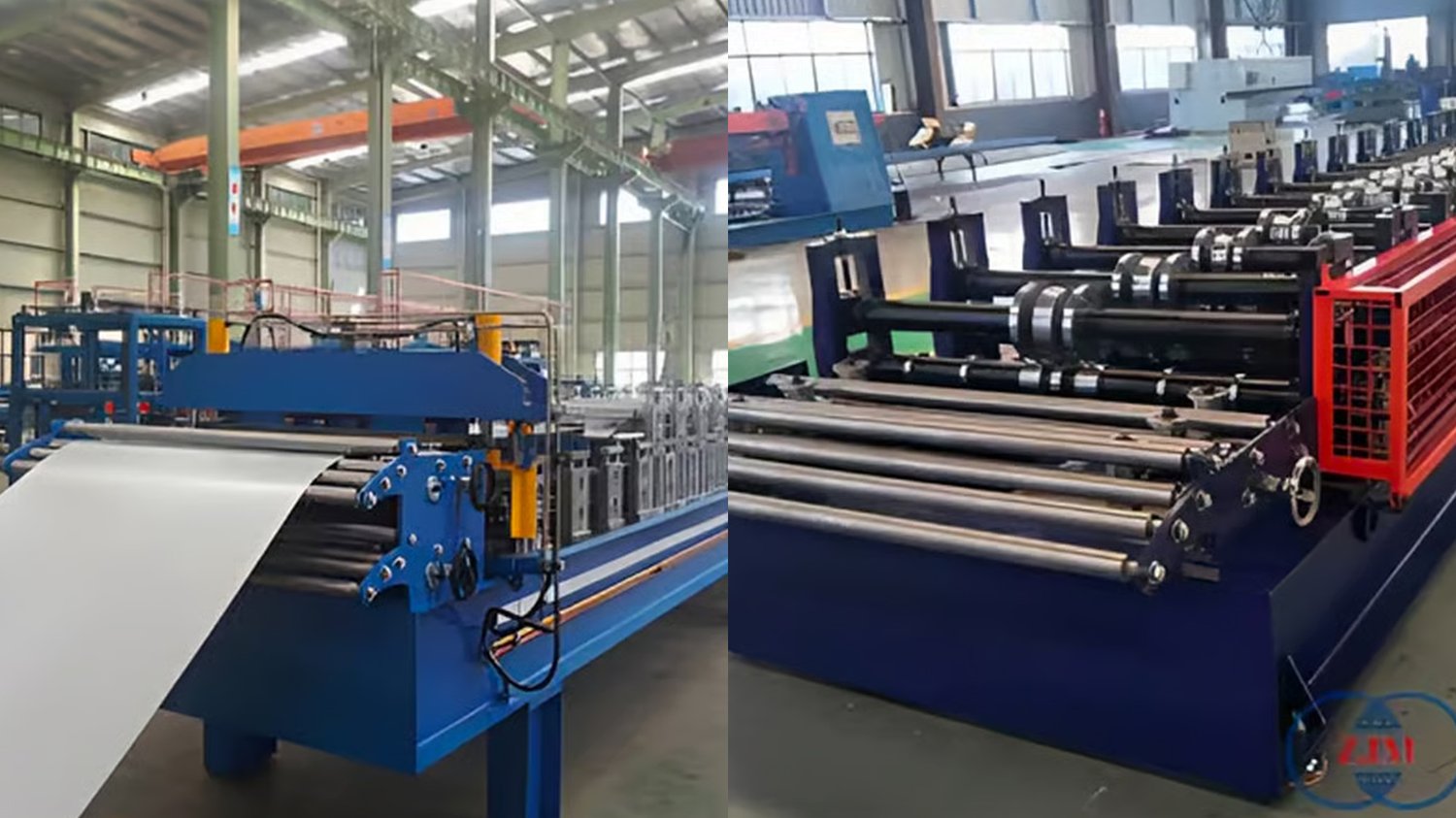Precision roll forming is a continuous bending operation in which a long strip of metal, typically coiled steel, passes through consecutive sets of rolls to produce a specific cross-sectional profile. The importance of precision lies in the meticulous control of roll spacing and alignment, ensuring consistent and accurate dimensions. This technology is essential in producing metal components with tight tolerances for industries requiring exact specifications.
Materials Suitable for Precision Roll Forming
Various metals such as steel, aluminum, stainless steel, copper, and alloys are commonly used in precision roll forming. The adaptability of this process to multiple metal types makes it versatile and widespread. Each material demands specific roll tooling and processing parameters to achieve the desired precision without surface defects or dimensional inconsistencies.
Benefits of Precision Roll Forming in Manufacturing
Precision roll forming offers advantages including high production rates, minimal material waste, superior dimensional accuracy, and the ability to create complex profiles. The process reduces the need for secondary operations like welding or machining, enhancing efficiency and lowering manufacturing costs. Its repeatability also supports large-scale production with dependable quality.
Applications Across Different Industries
Industries such as automotive, construction, aerospace, and electrical manufacturing rely heavily on precision roll forming. Components like automotive door beams, metal framing, roofing panels, and cable trays are produced through this method. The demand for lightweight yet strong parts has propelled the adoption of precision roll forming in high-performance sectors.
Role of Advanced Tooling in Precision Roll Forming
The accuracy of roll forming depends greatly on the design and quality of the roll tooling. Advances in computer-aided design (CAD) and computer numerical control (CNC) machining have enhanced tooling precision, allowing intricate profiles to be formed with minimal error. Tooling materials and maintenance play a critical role in sustaining production quality over extended runs.
Impact of Precision Roll Forming on Material Efficiency
A key benefit of precision roll forming is its optimized material usage. Since the metal is continuously formed without cutting or shredding, scrap is significantly reduced. This efficient material use not only lowers costs but also aligns with sustainability goals by minimizing waste and maximizing resource utilization.
Customization and Flexibility in Design
Precision roll forming supports a wide range of custom profiles tailored to specific end-user requirements. The ability to create unique shapes and incorporate features such as holes, embossing, or notches during the forming process offers design flexibility. This reduces the need for additional fabrication steps and enables more innovative product designs.
Quality Control and Inspection Techniques
Ensuring consistent precision requires rigorous quality control measures. Techniques such as inline dimensional monitoring, surface inspections, and ultrasonic testing are employed to detect defects early. Modern roll forming lines may integrate automated systems for real-time data collection, enabling immediate adjustments to maintain tight tolerances.
Challenges and Considerations in Precision Roll Forming
Despite its advantages, precision roll forming can encounter challenges including setting up tooling for complex profiles, handling hard or brittle materials, and managing residual stresses in formed parts. Proper engineering analysis and process planning are necessary to overcome these issues and achieve optimal results.
Future Trends in Precision Roll Forming Technology
Emerging trends include the integration of Industry 4.0 technologies, such as IoT sensors and AI-driven predictive maintenance, to enhance process reliability. Additionally, innovations in roll materials, nanocoatings, and hybrid forming techniques are expected to push the boundaries of precision and application scope, meeting the growing demands of advanced manufacturing sectors.
Quote Inquiry
contact us

